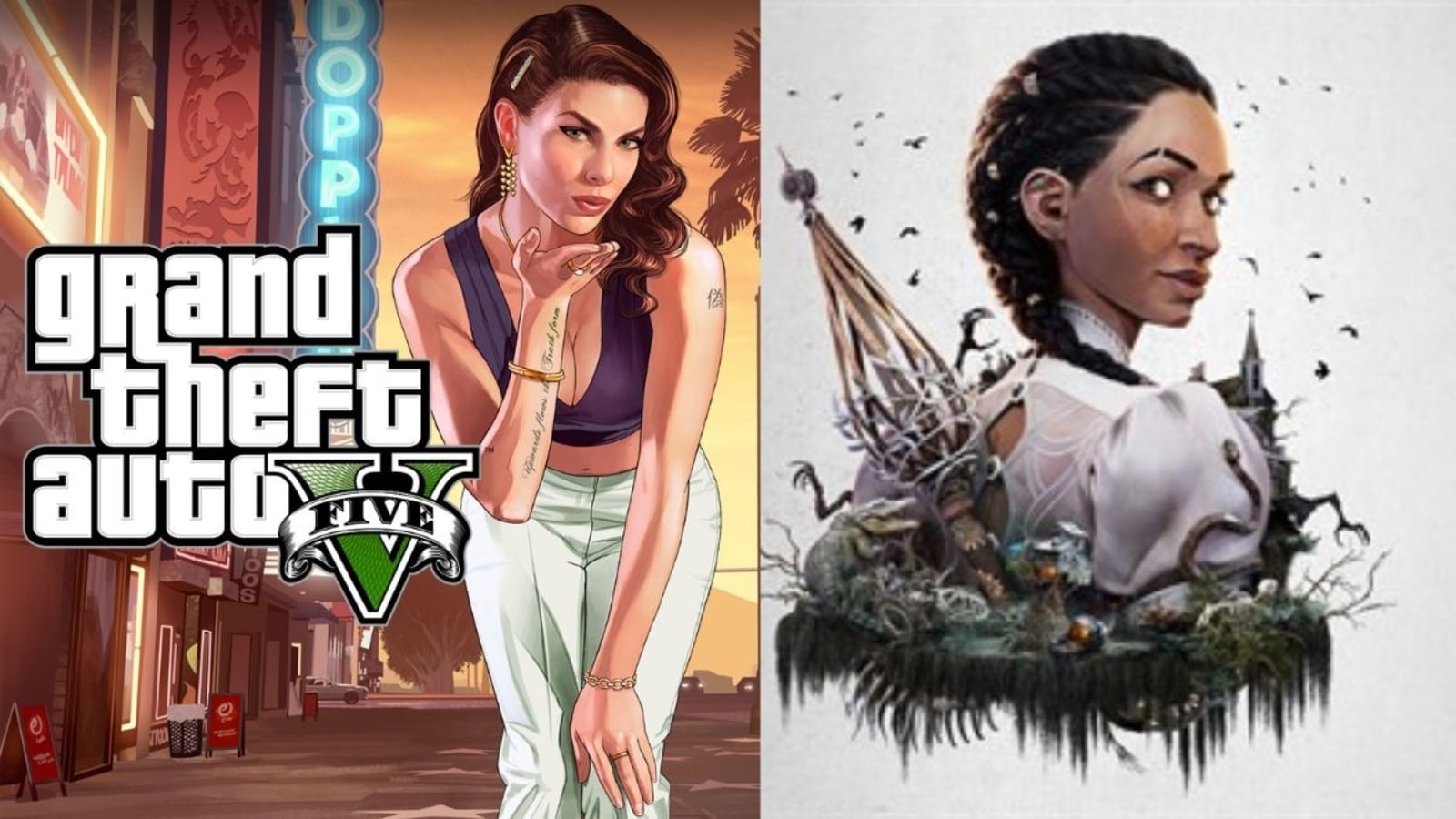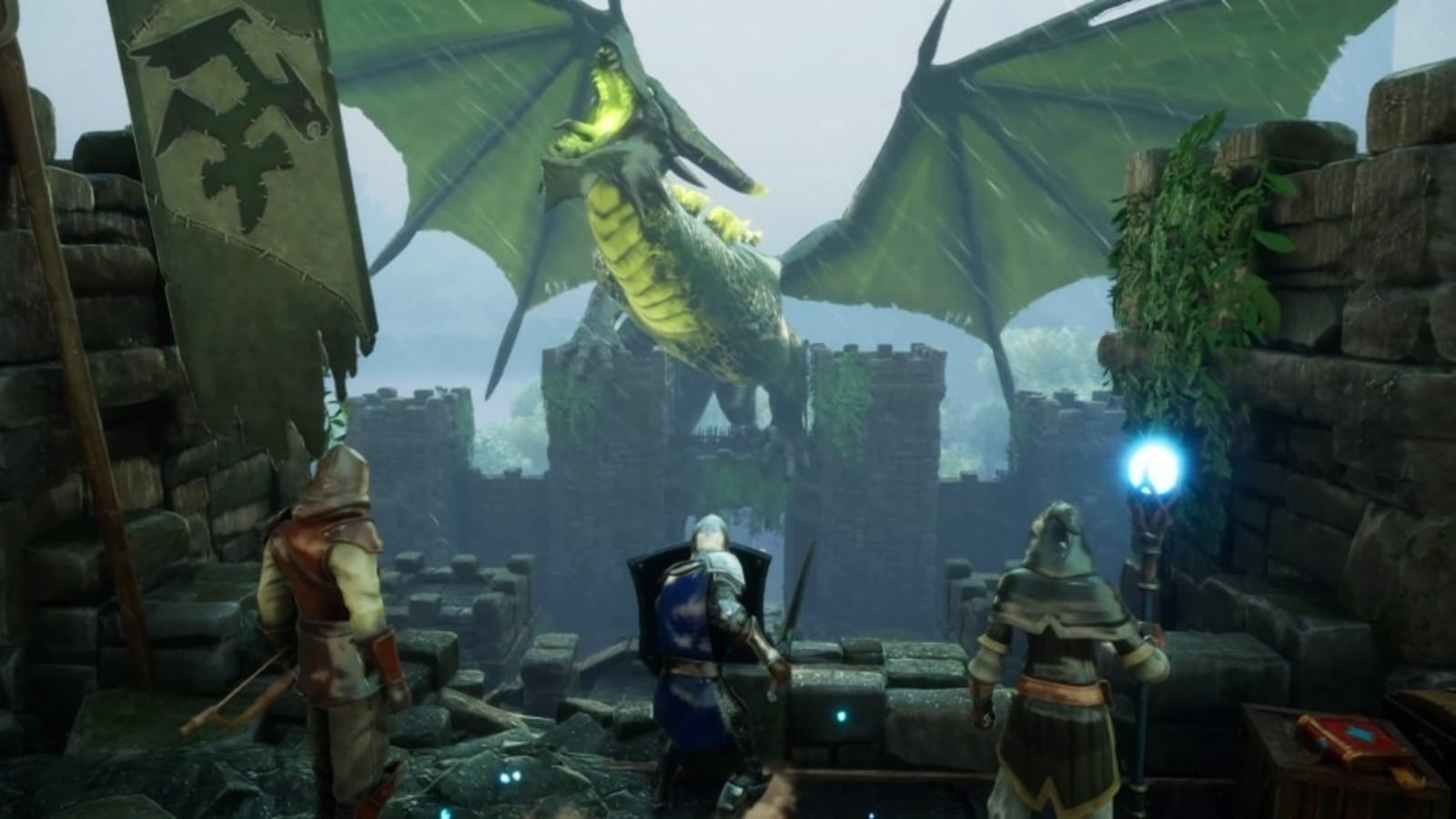From then on, Shannon and Sparks were in sync as scruffy, aimless, quarreling clowns who fail anew, by each fresh sunset, the test of being human. Buffeted by love and loathing, Didi and Gogo prefer to do their languishing together.
“We always find something, eh Didi,” Gogo says, “to give us the impression we exist?”
Arin Arbus’s pandemic-delayed production for Theater for a New Audience lacks a discernible interpretation that we can grab onto, or that can grab onto us. But it does make striking use of the space, with a paved, two-lane road (by Riccardo Hernández) running downhill from the middle of the upstage wall to the back of the auditorium. The double yellow line in the center of the road — denoting a no-passing zone — could also be decoded as a no-dying zone. From the first moments of the play to the last, Didi and Gogo speak of ending their lives, but their passing is not to be.
Under merciless sunlight (by Christopher Akerlind), Shannon is a crabbed and shambling Gogo, fidgety and peckish, bedeviled by ill-fitting boots. (Costumes are by Susan Hilferty.) Though Shannon does a bit of comic tumbling on the road, he also sometimes barely has to move to land a laugh, his remarkable gestural efficiency combining with a marvelous dryness of tone.
Sparks, meanwhile, brings buoyancy to Didi’s roughness, and a palpable, if bizarro, human center. Inspecting the amnesiac Gogo’s legs for proof of an attack the day before, Didi is ebullient when he finds it: “There’s the wound! Beginning to fester!”
A chunk of a scene in Act II, involving Didi, Gogo and their only passers-by — the vicious Pozzo (Ajay Naidu) and the man he has enslaved, Lucky (a vivid Jeff Biehl) — would get bigger laughs if the blocking allowed more than half the house a view of the actors’ faces. A sightline worry throughout the performance is the road itself, whose incline puts some audience members at an awkward angle to the action.






















